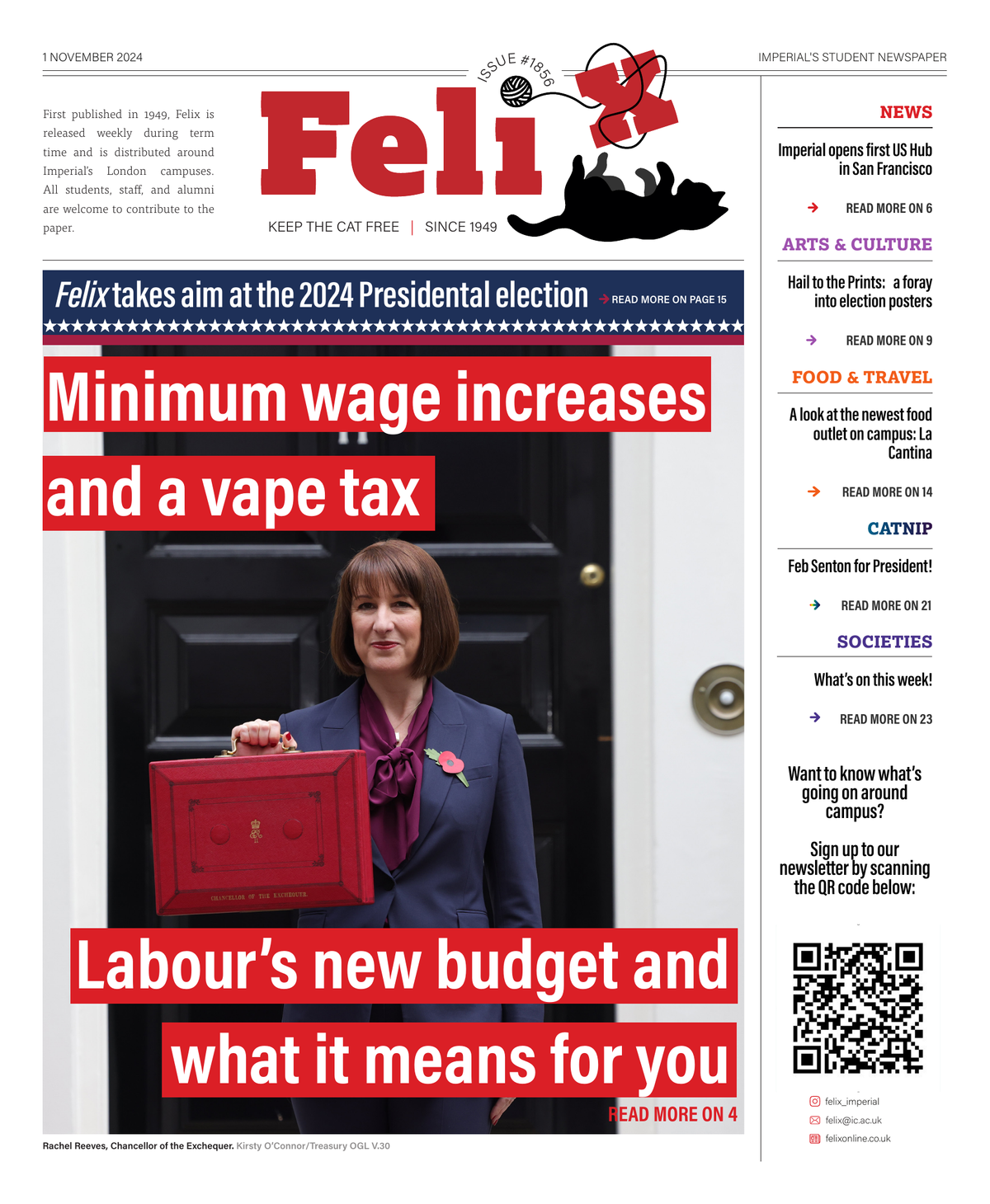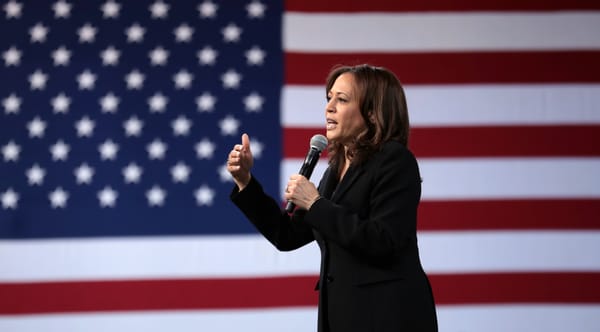2024 US Election: A masterclass in marketing
I am a great fan of the Oscars and the Grammys. I love to predict the winners, critique the campaigns, analyse the odds, and then watch the long-awaited ceremony and exclaim an ill-mannered sentiment at the television proclaiming the Academy is rigged. If Kamala Harris were campaigning for Best Picture, or Album of the Year right now, I would certainly say that she has this secured, and that the Academy is greatly in her favour. This is not the case: she is in the running for the next president of the United States. This is not voted on by the Academy, or any academy, but by the American citizens who are registered to vote.
Harris’ and Trump’s marketing feel representative of what liberalism and conservatism are at their definitions: she is focusing on the shiny new (online) world of the pop culture stratosphere; he is living in the history of traditional presidential campaigns.
Harris’ campaign includes the tropes of modern marketing, starting with endorsements from a wide array of public figures (Billie Eilish, Lizzo, Taylor Swift). This is an ideal publicity tactic. It reaches out to fanbases; Harris’ image aligning with these singers and actors that we see every day. However, it could be argued it creates this narrative according to which Harris’ campaign is for these public figures. It feels as though one is in school, and the popular classmate has got all their popular friends to endorse them. Although I might like them, are they appealing to me? Is Billie Eilish’s situation aligned with my own?
While Trump compromises on many of my own values, he is attempting to speak to the everyman, the all-American. There is, however, the notable use of Elon Musk. Yet, even he is acting as a great logic-based philanthropic billionaire, donating $1 million a day to a registered voter in key swing states until the presidential election. He speaks to the average man. Trump’s campaign lives in the classic Republican ideology of the American dream, appealing to every class and every man, while actually supporting and benefiting bureaucrats, as well as those already in power. And I don’t think Harris is doing this. Harris is focused on songs, and music, and Beyonce, and Meryl Streep on a Zoom call. Donald Trump got shot for - in his mind and the future voters of the Republican party’s minds - America. Donald Trump was photographed, fist in air, getting shot for the people of America – and it looks good on paper.
Trump’s marketing is conservative – yes. It calls back to classic photography, to Ronald Reagan’s readapted iconic “Make America Great Again”, even to the countless assassination attempts of the time. It is rooted in the way things are and have been. It is not modern, it is not appealing to the pop-culture side of young people, but it works.
Harris seizes modern marketing by the throat: using TikTok, memes (namely the “coconut tree” and “brat summer”). She engages a young audience. CIRCLE estimates that only half of the youth (18-29) voted in 2020, an 11-point increase from 2016, yet still opportunistically low. She is intelligent to focus here. But is the marketing really targeting this? I would vote for Kamala Harris, as I believe most young people would, but will young people vote for Kamala Harris? If it were a pop-up on their screen on TikTok on November 5th, sure. But registering and going down to the voting booth is a different thing.
Trump’s marketing is pressing. He gets people riled up so that he knows that they are going down to the voting booth because they truly believe that that Donald Trump will make America great. Harris is making Reels and tweeting “Kamala = brat”. Is that going to make someone go down to the voting booth? No, it’s going to achieve publicity – to commendable heights previously unseen – and a repost of a six-second clip.










